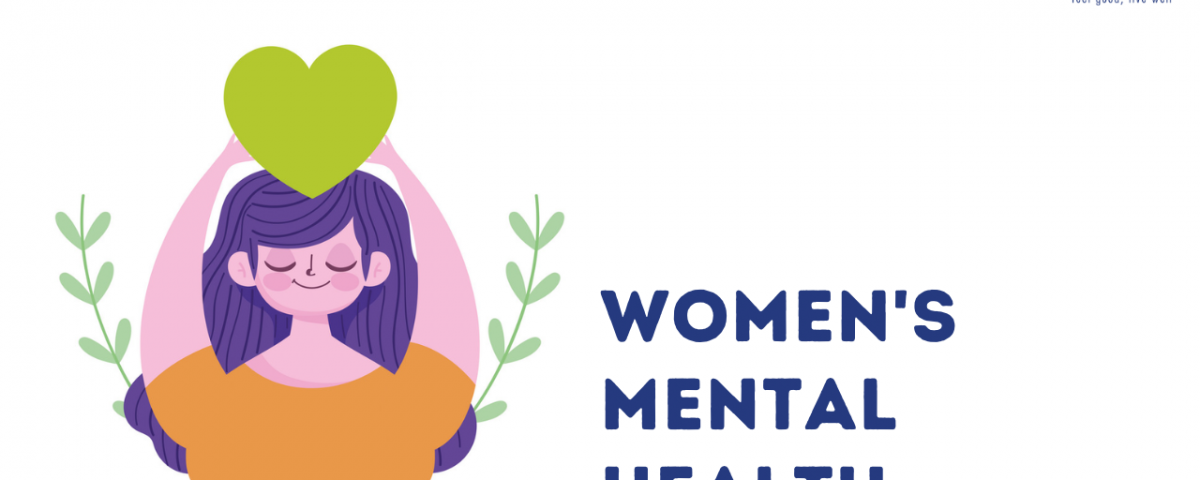Women’s Mental Health
Mental health affects men and women differently. Women’s mental health is affected by a multitude of major life transitions.
Depression and anxiety are more commonly found in women. In addition, there are some disorders that are unique to women in times of hormone change such as perimenopause-related depression and perinatal depression. Women can experience major life transitions such as pregnancy, motherhood, and menopause. Discrimination and violence can also impact a women’s mental health. This is not to say men do not suffer. However, it is recognised that social and economic factors can put women at greater risk of poor mental health, than men.
WOMEN’S MENTAL HEALTH STATISTICS
- Around 1 in 6 women in Australia will experience depression.
- Around 1 in 3 women will experience anxiety during their lifetime.
- Women experience post-traumatic stress disorder (PTSD) at higher rates than men.
- Women experience eating disorders at higher rates than men.
- Increased chance of depression and anxiety throughout and following pregnancy
- 1 in 10 women experience depression when they are pregnant.
- 1 in 6 women experience depression one year after the birth of their baby.
- Anxiety is prevalent in many women experiencing both conditions.
(Beyond Blue, 2022).
Although these statistics are somewhat discouraging, there are a variety of ways that you can improve and care for your mental health and your quality of life.
The important thing to remember is effective treatments is available and most people can recover.
STRATEGIES TO IMPROVE MENTAL HEALTH
Strategies to manage mental health and improve quality of life vary widely. What works for one woman, will not work for another and that’s okay! Developing a unique strategy is part of the hurdle, but once you find it, it will incorporate all the things you love to do for your wellbeing. At CBT Professionals, we have some that we love:
- Nature is essential – Going for a walk along a river, read a book outside or simply sitting in nature can boost our wellbeing and mindfulness.
- 15 minutes in the sun (with sunscreen) – Vitamin D is a serious need when you are feeling down, it elevates your mood, and you can clear the fogginess’ way better than sitting inside.
- Turn off your phone – Turning off your phone, or leaving it behind, will show you how dependant you are on it but also how good you feel without checking it constantly.
- Be mindful of our self-talk – Catch yourself talking to yourself. Is it nice? Is it mean? You won’t even realise the little comments you say to yourself that are negative. Catch yourself, and say stop, and CHANGE the way you think or perceive yourself.
- Do something for you – If walking isn’t your thing, do something for you, and only you! Journalling, running, painting, practicing makeup, anything that you love and that makes you feel like yourself.
DON’T SUFFER IN SILENCE
Everyday battles are difficult, but they can be overcome. If you feel like you cannot overcome your battles on your own. Reach out! There are loved ones and professionals that are highly knowledgeable on your situation or skilled to help. Our Brisbane and Gold Coast offices hosts caring and professional psychologists, that can help you lead a fulfilled life.
Please download our referral form here and take it with you to your GP appointment for preparation of a referral. Contact us now via telephone or online enquiry via www.cbtprofessionals.com.au to book. Do not let stigma be the deciding factor in you receiving treatment you deserve.
Coomera – (07) 5551 0251
Nerang – (07) 5668 3490
Mount Gravatt – (07) 3102 1366
If you, or someone you know, require help, please reach out to organisations like Beyond Blue. Additionally reach out to these organisations that may be able to help.
- Lifeline 13 11 14 — for anyone in crisis
- ReachOut (youth mental health service) — online help
- SANE Australia — call 1800 187 263
- Mental Illness Fellowship of Australia (MIFA) — call 1800 985 944
Disclaimer: Firstly, content on this website is provided for education and information purposes only and is not intended to replace advise from your doctor or registered health professional. Lastly, readers are urged to consult their registered practitioner for diagnosis and treatment for their medical concerns.
REFERENCES
Beyond Blue. (2022). Factors affecting women. Beyond Blue. https://www.beyondblue.org.au/who-does-it-affect/women/factors-affecting-women
THREE CONVENIENT LOCATIONS
MOUNT GRAVATT
Mt Gravatt Medical PrecinctSE 105, 1808 Logan Rd
Upper Mount Gravatt QLD 4122


